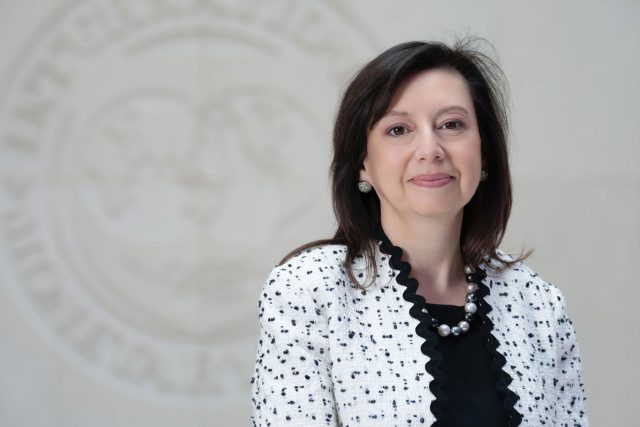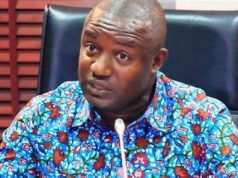Ghana is on track to secure board approval from the International Monetary Fund (IMF) for the third tranche of $360 million out of its $3 billion extended credit facility.
The government’s ongoing support programme, which aims to stabilise the economy and foster sustainable growth is said to be showing better-than-expected results.
So far, Ghana has received $1.2 billion in IMF funding, to aid fiscal consolidation, bolster foreign exchange reserves, and support general economic recovery.
The IMF notes that Ghana is nearing the approval process for the next disbursement as the country continues to meet the necessary economic and policy benchmarks.
Julie Kozack, Director of Communications at the IMF said Ghana is gaining the IMF’s confidence and support.
She spoke on Ghana’s status at a recent news conference in Washington, D.C.
“On April 13th, IMF staff and the Ghanaian authorities reached a staff-level agreement for the second review of the programme. The aim is to bring the review to the IMF’s Executive Board before the end of June, and once approved by the Board, the review would give Ghana access to about $360 million. The authorities’ strong policy and reform efforts under the programme are bearing fruit, and signs of economic stabilization are emerging.”
Ghana is expected to get approval for its third tranche of $360m when the Executive Board of the IMF meet in June, having reached a staff-level agreement on the second review of the loan-support programme.
The Fund has stated that the fund will not require the Ghanaian government to implement additional adjustments.
The government has expressed optimism that ongoing discussions among official creditors will facilitate the conclusion of talks, enabling the release of the third tranche of funds.
“Growth, for example, in 2023, was higher than anticipated, and the growth projections are being revised upward. Inflation has been declining rapidly, the fiscal and external positions have improved, and exchange rate volatility has declined quite significantly. The authorities are making good progress on their comprehensive debt restructuring. The domestic debt exchange was completed last year, and on January 12th, the government reached agreement in principle with its official bilateral creditors. Ghana is also engaging with external private creditors to seek their support”, Julie Kozack added.







































